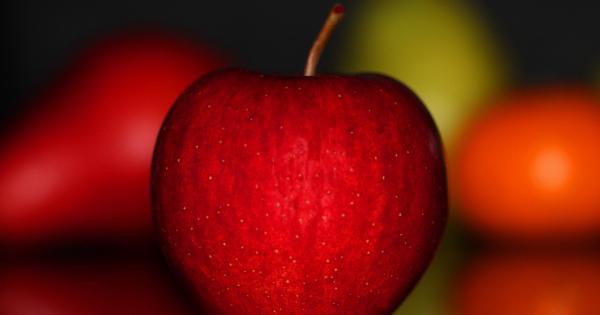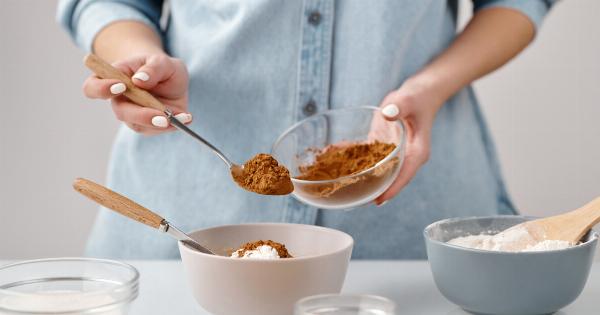Our sense of smell, or olfaction, plays a crucial role in our daily lives. It allows us to appreciate the aroma of freshly baked bread, to detect the scent of a blooming flower, and to enjoy the fragrance of our favorite perfumes.
But did you know that the sensitivity of your nose can also provide valuable insights into your overall health? In this article, we will explore the fascinating connection between our sense of smell and our well-being, and how you can determine just how sensitive your nose really is.
The Science Behind Smell
Before we delve into the relationship between smell sensitivity and health, let’s first understand how our olfactory system works.
Our sense of smell is made possible by specialized cells located high up in the nasal cavity known as olfactory sensory neurons (OSNs). These neurons have hair-like structures called cilia that extend into the nasal mucus.
When we inhale, odor molecules in the air bind to specific receptors on the cilia, triggering a cascade of biochemical events that ultimately result in the transmission of signals to our brain.
These signals are then interpreted by the brain, allowing us to perceive different smells.
The Connection Between Smell and Health
Believe it or not, our sense of smell can provide valuable clues about our overall health. Certain medical conditions can affect our ability to smell, making us more or less sensitive to different odors.
By paying attention to any changes in our sense of smell, we may be able to detect underlying health issues early on.
For example, a reduced ability to smell, known as hyposmia, can be an early indicator of neurodegenerative diseases such as Alzheimer’s or Parkinson’s.
Changes in smell sensitivity have also been associated with other conditions like sinus infections, hormonal imbalances, and even nutritional deficiencies.
Determining Your Nose Sensitivity
If you are curious about just how sensitive your own nose is, there are simple tests you can perform at home.
Test 1: The Coffee Challenge
A well-known method to assess smell sensitivity is the coffee challenge. While blindfolded, take a few whiffs of freshly ground coffee beans and try to identify any particular scent notes.
If you are able to pick up on subtle nuances and differentiate between different coffee aromas, it suggests you have a highly sensitive nose.
Test 2: The Scratch-and-Sniff Test
Another way to gauge your smell sensitivity is by using scratch-and-sniff cards. These cards are infused with different scents, and by scratching them and inhaling, you can determine if you can correctly identify the odor.
If you are able to accurately identify a wide range of scents, it indicates a high level of smell sensitivity.
Test 3: The Onion Challenge
The pungent smell of onions can also be used to assess your sense of smell. Peel an onion and take a sniff, paying attention to how easily the odor reaches your nose. If the smell is strong and quickly noticeable, it suggests good smell sensitivity.
What the Results Mean
Once you have performed these tests, it’s important to understand what your results indicate.
If you have a highly sensitive nose and are able to detect subtle scents and nuances, you may have an excellent sense of smell.
This suggests that your olfactory system is functioning optimally, which is generally a positive sign for your overall health.
However, if you struggle to detect or identify certain smells, it doesn’t necessarily mean you have a health problem.
Smell sensitivity can vary from person to person, and factors such as age, genetics, and even lifestyle choices can influence our olfactory abilities.
When to Consult a Doctor
While it’s normal for smell sensitivity to differ among individuals, there are certain situations where it may be beneficial to consult a healthcare professional.
If you experience a sudden or significant decrease in your ability to smell, it could be a sign of an underlying medical condition.
Likewise, if you notice any strange or persistent smells, such as phantom odors that aren’t actually present, it may warrant a doctor’s evaluation.
Conclusion
Our sense of smell is not only responsible for our enjoyment of pleasant scents; it can also serve as an important indicator of our overall health.
By understanding the connection between smell sensitivity and well-being, as well as performing simple at-home tests to determine your own level of smell sensitivity, you can gain valuable insights into your health. Remember, while a highly sensitive nose is generally a good sign, it’s essential to consult a healthcare professional if you notice any drastic changes in your ability to smell.



























